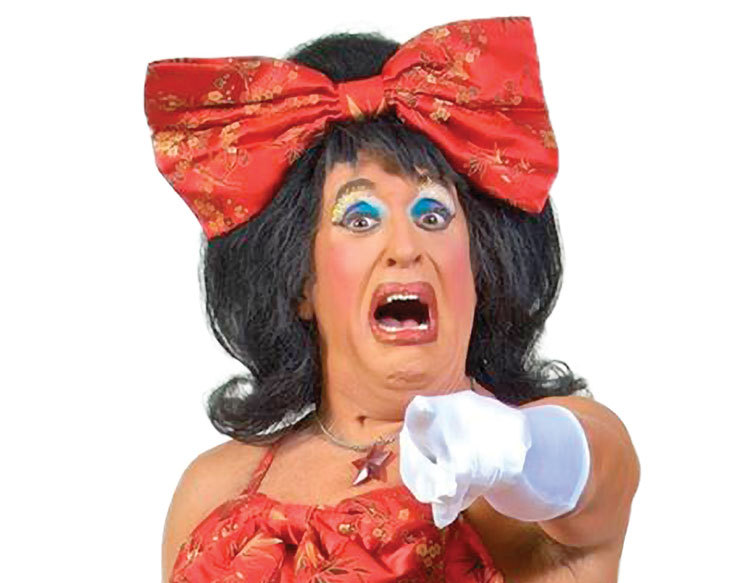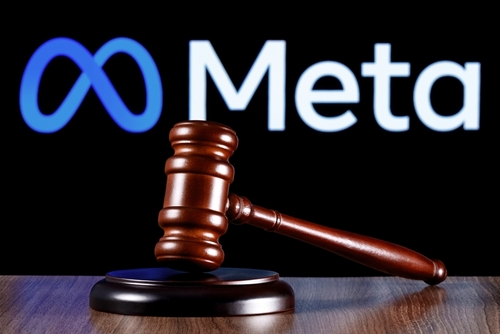10 Questions: Activist-turned-drag queen builds successful careers in law and the arts

Ben Schatz: “I was always torn between being a performer and working for social change.” Photograph by Robin McEntire
When Ben Schatz graduated from law school in 1985, he had a decision to make: Should he pursue a career in legal activism or follow his dream of becoming a performer?
He chose law and put it center stage: Schatz founded one of the country’s first legal nonprofits to combat AIDS-related discrimination, served as executive director of the Gay and Lesbian Medical Association and held a leadership position on the Presidential Advisory Council on HIV/AIDS during the Clinton administration.
Over time, however, his artistic side started seeping in, reawakening his love of the performing arts. The time had come to shift to that second act.
In 1999, he left the world of law and public policy for good and became a full-time singing drag queen. It was a risky decision, but not a sudden one. Schatz had been performing onstage as Rachel since 1993, when he had helped form the Kinsey Sicks, a self-styled “Dragapella Beautyshop Quartet” known for blending biting, mostly political satire with a capella harmony and high camp. The name comes from renowned sex researcher Alfred Kinsey’s metric for gauging homosexuality.
Over the past two-plus decades, the group has released nine albums and two full-length films and has staged original shows such as Electile Dysfunction and Chicks with Schticks for audiences around the world. Schatz’s resumé includes a New Yorker profile, a nomination for a Drama Desk Award for Best Lyrics and a turn playing himself on an episode of The Simpsons.
You could be the spokesmodel for the concept of life after law. Do unhappy lawyers ever ask you for career advice, and if so, what do you say?
They do. And I say, “If you hate what you’re doing, stop.” This is the thing I’ve never understood. People with law degrees are generally people with a bunch of options. Having options is an enormous privilege. Do something intelligent with that. Do something that makes you feel like you’re privileged and delighted to do it. Just don’t become a singing drag queen, because I don’t want the competition.
Did you enter law school with your sights set on legal activism and, specifically, activism within the LGBT community?
I went to law school with no passion for the law— trust me, I had none—but with a very specific, strategic goal: I wanted to be Martin Luther Queen! At that time, being a gay activist was hardly a career path. There were only a handful of people working professionally for gay activism organizations. I figured that a Harvard Law degree would give me respectable credentials that could change the demeaning way that many people viewed the gay and lesbian community, and I would be more likely to be taken seriously by people who would have automatically dismissed me.
Did that happen?
Well, I went on to become a singing drag queen, so who knows! I seem to be doing my best to scurry down the totem pole of respectable career choices.
Seriously, though, do you feel your Harvard degree helped you along your path to professional activism?
Yes, after I graduated, I received a fellowship in public interest law from my fellow law students. Because I had been such an insufferable loudmouth, they knew I was serious. This was the same time that the AIDS crisis was just beginning to be recognized as an issue, and thanks to the support of the class of ’85, I became the first lawyer in America working full time nationally on AIDS-related impact litigation cases. The community was dying; everyone was scared, and I was able to come to the fight with funding.
This article was published in the June 2018 ABA Journal magazine with the title "Playing Both Sides: Once torn between practicing law and the performing arts, this activist-turned-drag queen has built successful careers doing both."



